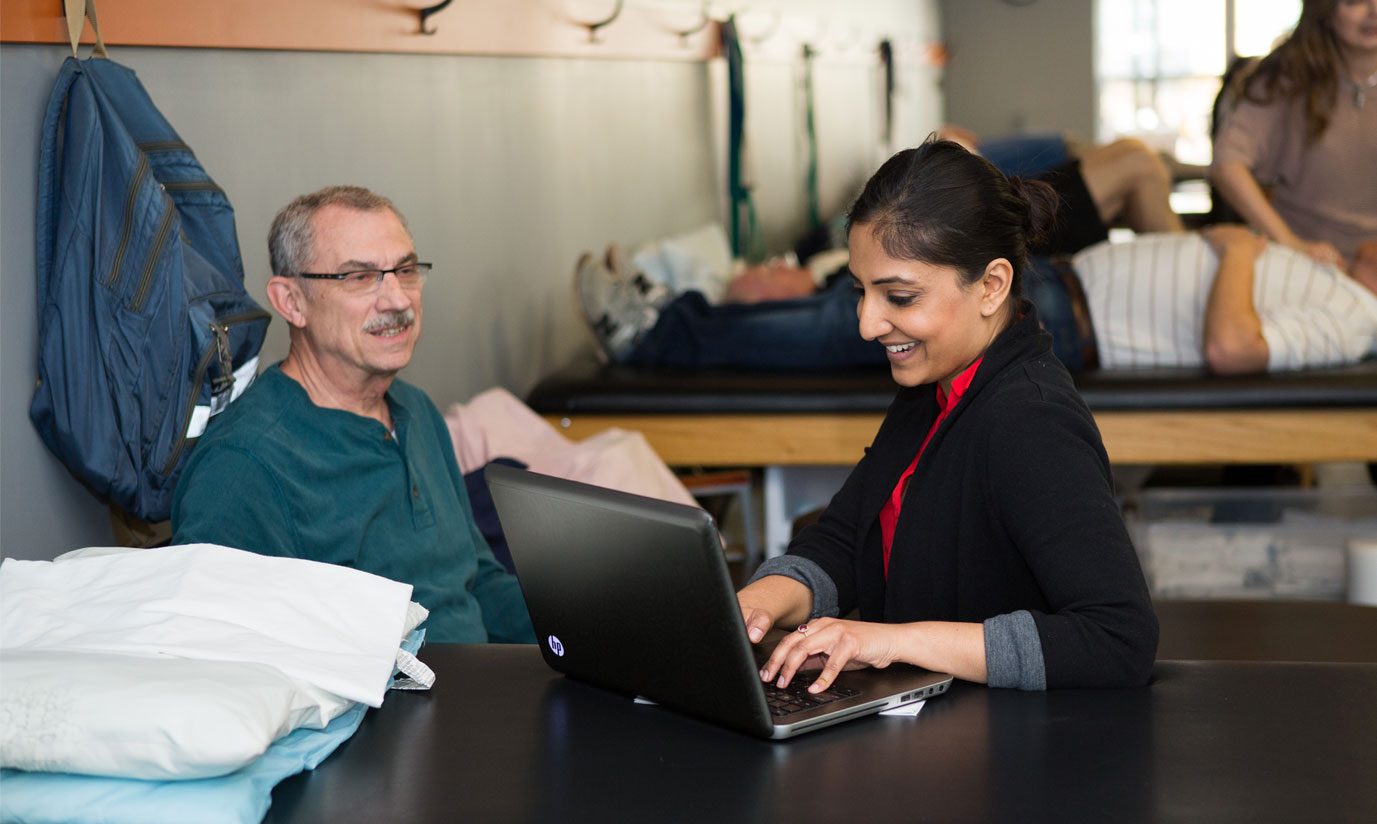
IFOMPT - When Is An Extremity Problem Not An Extremity Problem?
-
Register
- Non-Member - $49
- PT Member - $25
- PTA Member - $25
- Student - $10
- Post-Professional Student - $25
- APTA Staff - Free!
Many times a day, in our clinical practice we go through the process of 'screening the spine' for an isolated extremity problem. We may ask about spinal pain/history and look at spinal range of motion or maybe palpate the spine. Often, after a quick check we move onto the extremity: we’ve ‘cleared the spine’. But how sure are we that this is the case? On what are we basing this daily decision? If the spine is implicated, will there always be spinal pain? loss of range? production of extremity pain on palpation? On what are we basing these decisions? Research, clinical experience or assumptions?
For such a critical clinical area that can dictate our ongoing focus of management, unfortunately, the research is lacking and assumptions abound. Clinical experience will only get us so far, as for many, once we have ‘cleared the spine’ the extremity becomes the focus and the spine is never revisited.
This presentation will be exploring some provisional data which suggests that isolated extremity pain is quite commonly ‘coming from the spine’ and we have some indicators that help us predict if this is likely to be the case.
Here are some short statements/questions that could be used:
Many of us feel quite confident that we can ‘clear the spine’.
But how confident should be really be?
What are we basing this confidence on?
How many isolated extremity problems do ‘come from the spine’? 10%?, 50%? Do we actually have any idea?
If not, how do we benchmark our own performance? Are we on track? Are we finding lesser proportions of extremity pain of spinal source than our peers?
Are we being thorough enough in screening the spine?
These are all questions we should be asking on this critical component of our assessment process….is it time to have more discussion here, more data and make fewer assumptions?
Richard Rosedale
PT, Dip MDT
Richard Rosedale PT, Dip MDT
Richard graduated from Guy’s Hospital School of Physiotherapy (London, UK) in 1992. After emigrating to Canada, he completed his Diploma in Mechanical Diagnosis and Therapy (MDT) in 1997. Richard worked in orthopaedics and in Occupational Health at London Health Sciences Centre, Canada from 1993 till 2018 and now works part-time in private practice.
Richard has been active in research since 2007 and has authored or co-authored over twenty articles and letters to the editor, primarily exploring the clinical utility of MDT. He has also co-authored various book chapters.
Since 2003 Richard has been a member of the McKenzie Institute teaching faculty and teaches healthcare professionals throughout Canada and Internationally. In 2005 Richard was appointed onto the Institute’s International Education Council. He has led numerous educational projects, including the development of online learning courses and live-course educational materials which are used for teaching in over 40 countries throughout the world.
In 2018 Richard was appointed as the International Director of Education and the Diploma Coordinator for the McKenzie Institute International.
Course Instructions
- Click on the Contents tab to watch the course recording.
- Click Fill Out Survey under the Evaluation listing to provide valuable course feedback. Scroll down on all questions as there may be answer options that expand past the size of the window.
- Click the View/Print Your Certificate button under the Certificate listing. You can view/print your certificate at any time by visiting the APTA Learning Center and clicking the CEU Certificate/Transcript link on the left-hand side of the page.
Need Assistance?
For assistance logging in, accessing activities, claiming credit, or for other questions or concerns, please e-mail learningcenter@apta.org.



